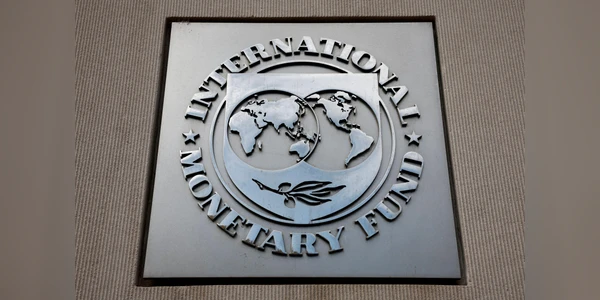Home / Business and Economy / IMF Warns: India's Business Entry Low
IMF Warns: India's Business Entry Low
27 Nov
Summary
- 15% of Indian firms are 'zombie firms' with low productivity.
- Business dynamism in India is marked by low entry and exit rates.
- IMF urges reforms to improve credit allocation and business environment.

The International Monetary Fund (IMF) has raised significant concerns regarding India's economic landscape, particularly highlighting the persistence of 'zombie firms.' Approximately 15 percent of continuously operating Indian companies generate insufficient earnings to cover interest expenses, yet continue to function, often with severely limited productivity. This situation points to underlying issues within the financial sector and resolution mechanisms.
The IMF report also underscores a notable lack of business dynamism in India. The rates of new firm entry and business closures are reported to be exceptionally low, significantly trailing behind other major economies. This sluggishness is attributed to structural rigidities and high regulatory compliance burdens that deter new ventures and hinder efficient resource reallocation.
To address these challenges, the IMF has advised the Indian government to implement comprehensive reforms. These include improving credit allocation within the financial sector to direct resources towards more productive enterprises and strengthening the overall business environment. Enhancing judicial capacity and operationalizing personal insolvency regimes are also recommended to facilitate smoother business restructuring and exits.




